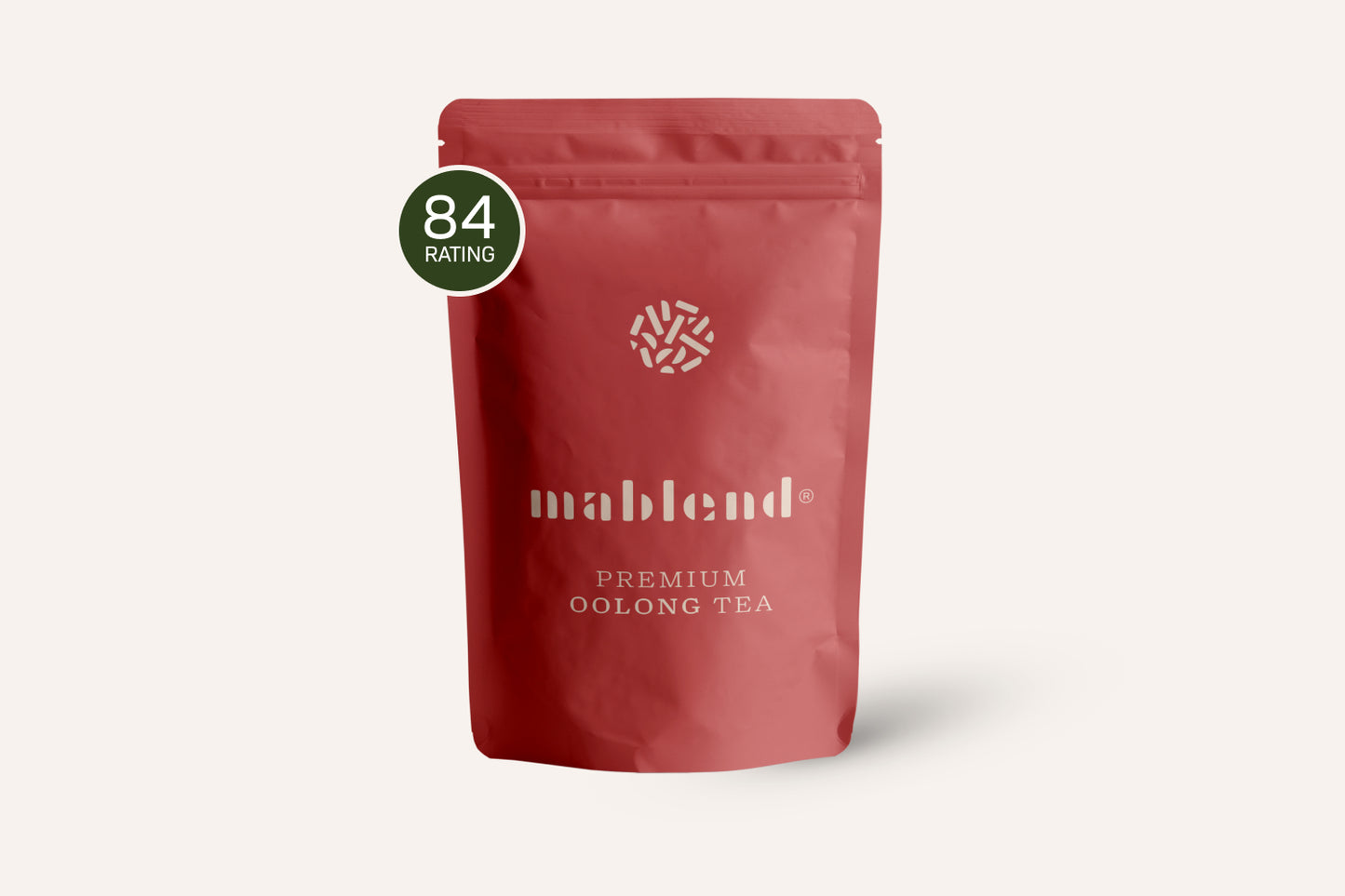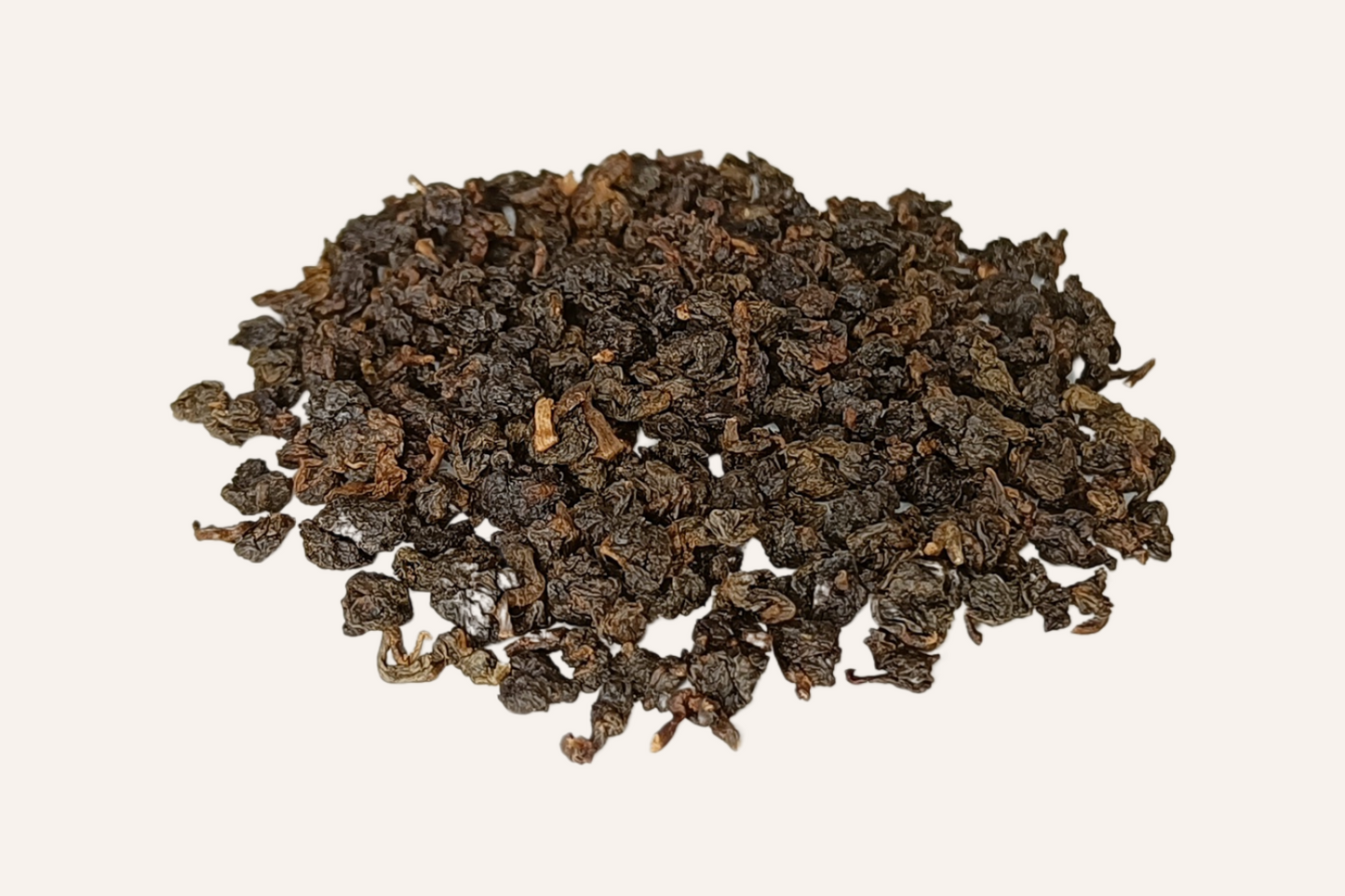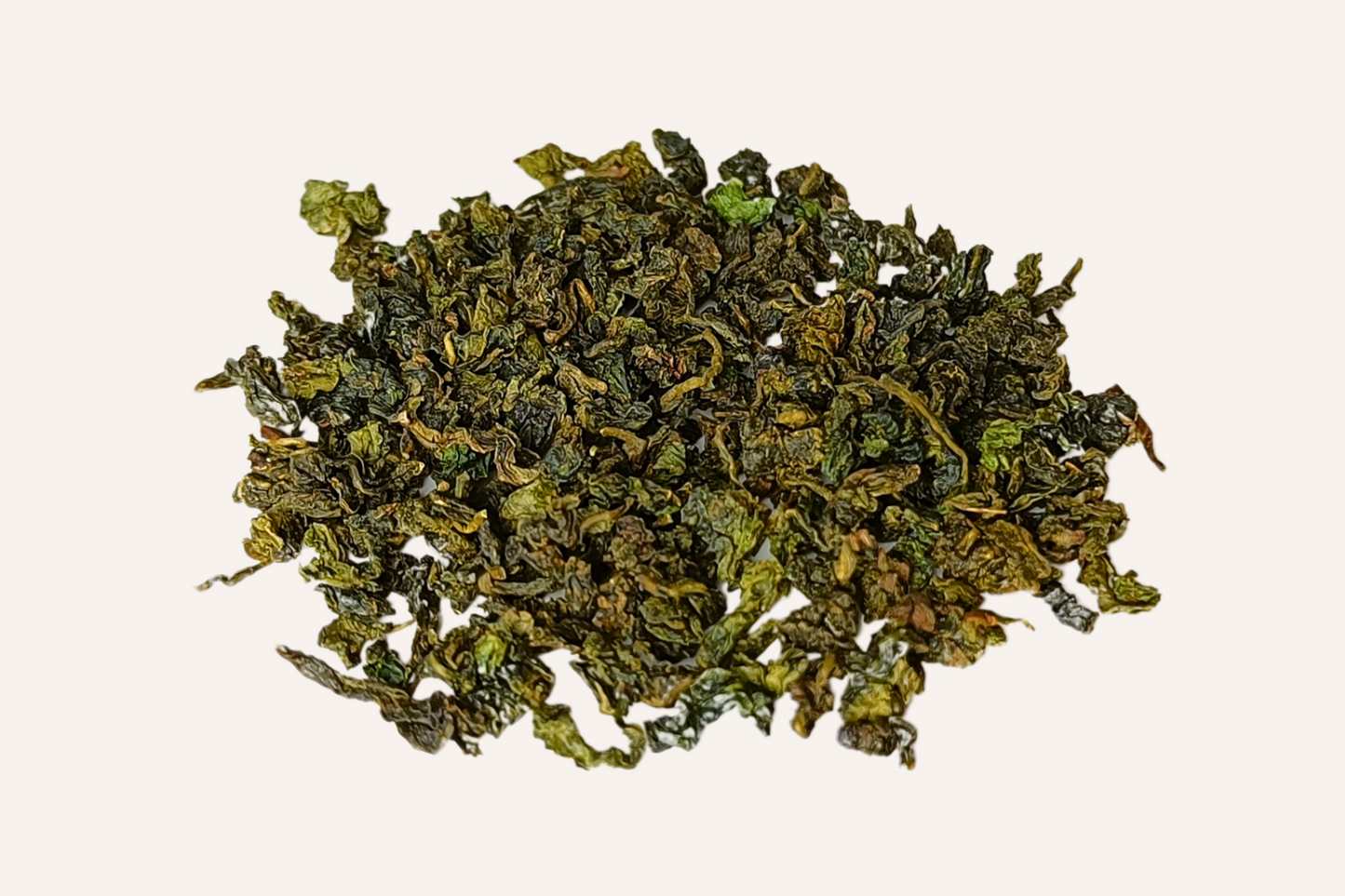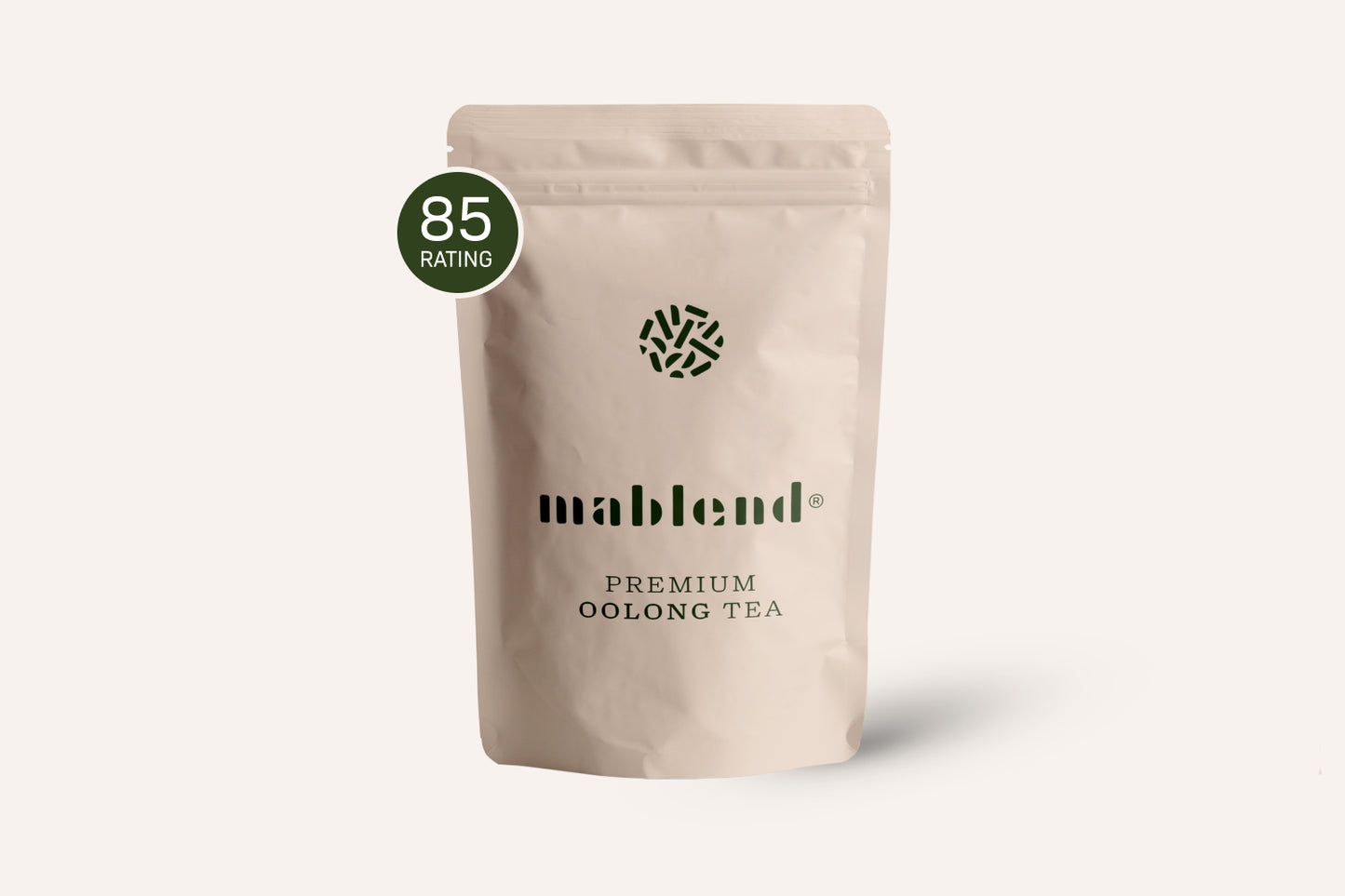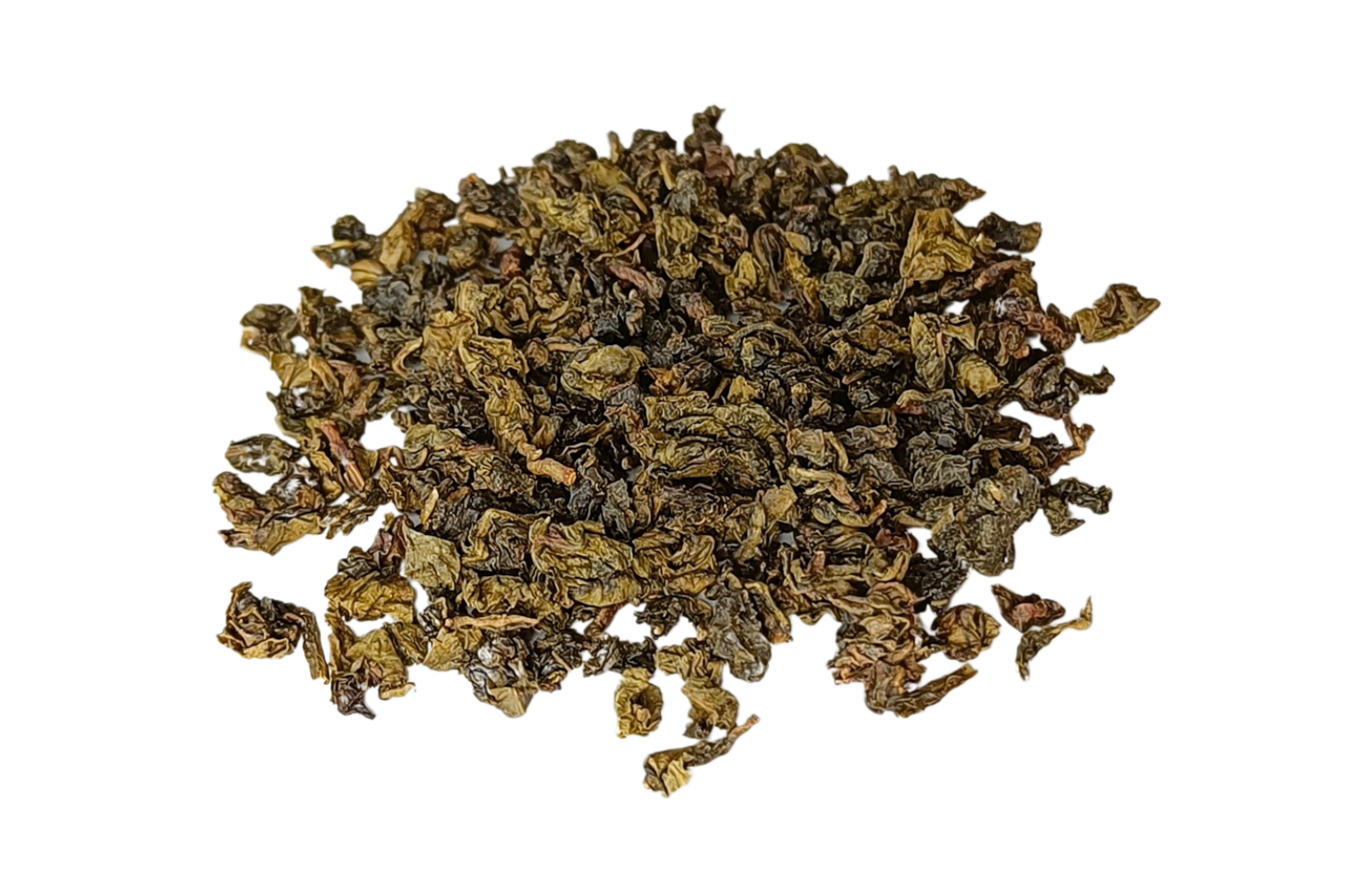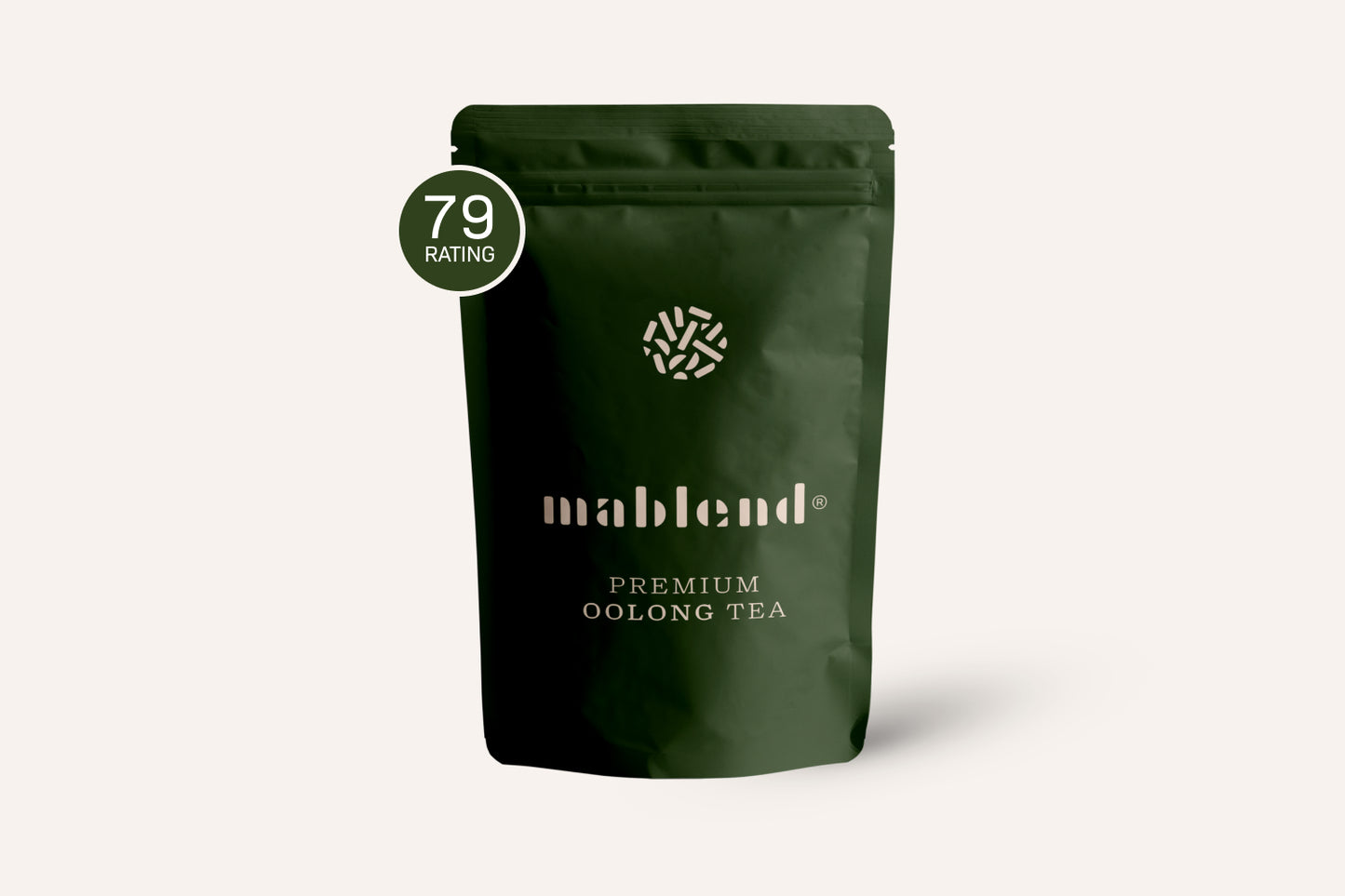What is elderflower tea?
Elderflower tea is made from the dried flowers of the elderberry tree, a plant that has been valued for centuries for its medicinal properties. The tea has a light, floral taste and is known for its refreshing and calming properties.
The historical significance of elderflower tea
Elderflower has a rich history dating back to prehistoric times. Archaeological finds in Europe show that the elder tree was grown before 3000 BC. was cultivated.
In ancient Egypt, bodies were sometimes buried with elderflower tinctures, indicating the plant's importance in rituals and medicine. Hippocrates, often considered the “father of medicine,” described the elder plant as his “medicine chest” because of its versatile healing properties.
The Benefits of Elderflower Tea
Vitamin C and antioxidants in elderflower
Elderflower is a rich source of vitamin C, an essential vitamin that supports the immune system and aids in the absorption of iron from plant sources. In addition to vitamin C, elderflower also contains powerful antioxidants that protect the body against free radicals and oxidative stress.
Elderflower as an aid for flu and colds
One of the most well-known benefits of elderflower tea is its ability to relieve symptoms of flu and colds. Studies have shown that elderberry extracts may be effective against several strains of the flu virus. Elderflower also helps "sweat out" fever and can shorten the duration of disease symptoms.
Elderflower for lowering cholesterol
There is some evidence that elderflower may help lower cholesterol, which is beneficial for cardiovascular health. The flavonoid quercetin, found in elderflower, has been studied for its ability to influence cholesterol levels and works in a manner similar to insulin in the body.
Traditional use and modern scientific findings
In addition to elderflower's traditional uses in folk medicine, modern scientific studies have confirmed the plant's many health benefits. From fighting viral infections to promoting healthy skin, elderflower remains a valuable plant in both traditional and modern medicine.
Preparing Elderflower Tea
How do you make elderflower tea?
Preparing elderflower tea is simple and requires only a few basic ingredients. Start by taking dried elderflowers. Use about 1 to 2 teaspoons of blossoms for every cup of hot water. Pour the boiling water over the blossoms and let the tea steep for 5 to 10 minutes. For a stronger taste you can let the tea steep longer. Strain the blossoms and serve the tea warm. You can also add honey or lemon juice for extra flavor.
Iced tea variant of elderflower tea
For a refreshing summer drink, you can also make iced tea from elderflower. Prepare the tea as described above, but let it cool. Add ice cubes and serve cold. You can also add fresh lemon slices or mint leaves for an extra refreshing taste.
Picking and Identifying Elderflowers
Best time and places to pick elderflowers
Elder trees usually bloom in late spring to early summer. The best time to pick elderflowers is when the flowers have fully opened and before they start to change color. It is best to pick blossoms on a dry, sunny day. Look for trees in open fields, along forest edges or near water sources.
Safety measures and identification guides
Although elderflower has many benefits, it is important to be careful when picking and identifying the plant. There are other plants that look like elderflowers but can be poisonous. Be sure to consult a reputable plant guide or expert before picking and consuming elderflowers. Also avoid picking elderflowers along busy roads or areas that may have been sprayed with pesticides.
Historical and Contemporary Uses of Elderflower Tea
Prehistoric use of elderflower
Elderflower has deep historical roots dating back to prehistoric times. Archaeological findings suggest that earlier civilizations cultivated the elder tree thousands of years ago and used it for both medicinal and ritual purposes.
Elderflower in ancient Egypt and Greece
In ancient Egypt, elderflower was highly valued, not only for its healing properties but also as a symbol of prosperity and fertility. Elderflower tinctures and balms were often used in rituals and as offerings to the gods. In ancient Greece, Hippocrates, often considered the "father of medicine", recognized the medicinal value of elderflower and described it as his "medicine chest".
Modern usage and scientific studies
In modern times, elderflower remains a popular herb in folk medicine, especially in Europe. Scientific studies have confirmed some of elderflower's traditional uses, such as its ability to relieve flu and cold symptoms. In addition, research is being conducted into the antioxidant properties of elderflower and its possible benefits for the cardiovascular system.
Frequently Asked Questions about Elderflower Tea
Caffeine content in elderflower tea
Elderflower tea is a herbal tea and does not naturally contain caffeine. This makes it an excellent choice for people who want to avoid caffeine or for consumption just before bed.
Possible side effects and precautions
Although elderflower tea is generally considered safe, it is important to consume in moderation. Excessive consumption can lead to stomach upset or diarrhea. People with allergies or sensitivities should exercise caution and it is always a good idea to consult a doctor before introducing a new herb into your diet.
The taste of elderflower tea
Elderflower tea has a light, floral flavor with subtle sweet undertones. The taste can be described as refreshing and somewhat similar to chamomile, but with a unique fruity nuance. It is delicious hot or cold and can be sweetened with honey or lemon for extra flavor.
